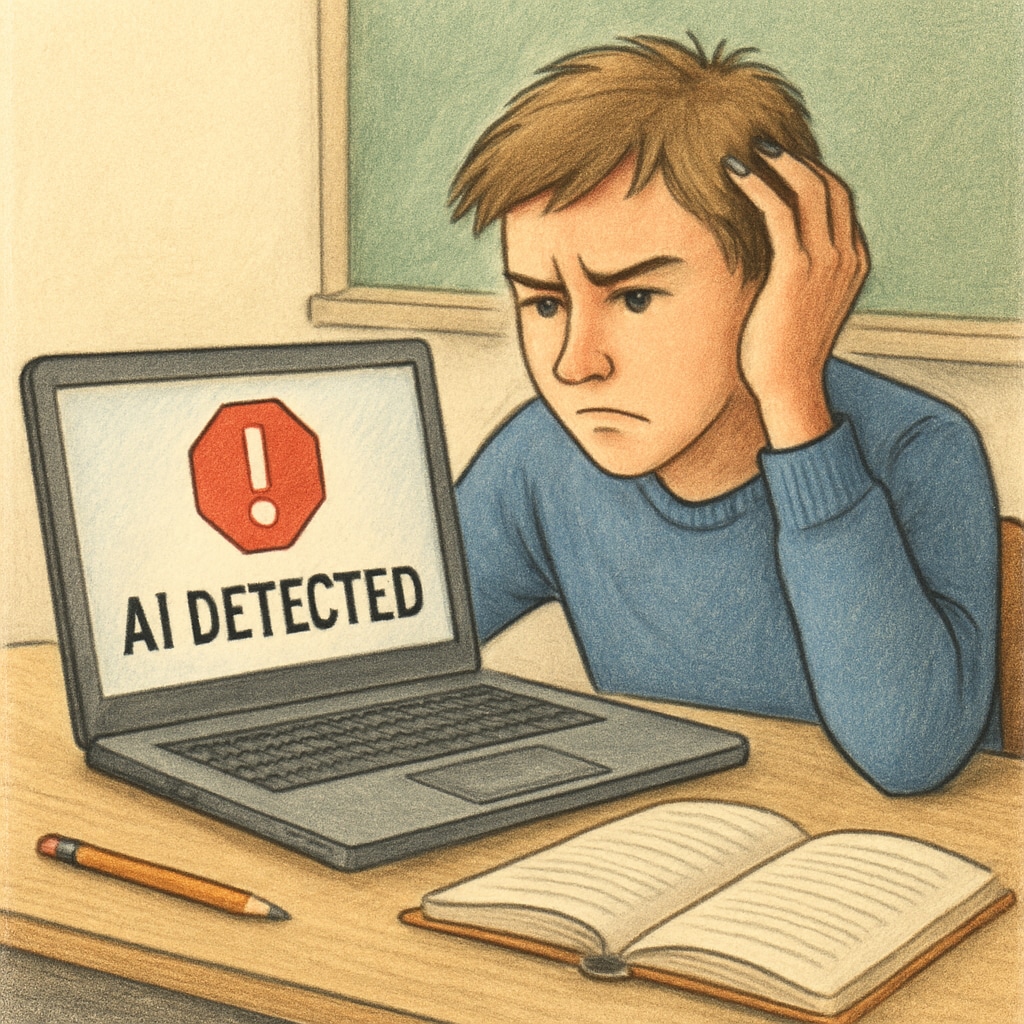The growing use of AI detectors in education has created a perfect storm of false accusations and damaged academic integrity. These tools, designed to identify AI-generated content, frequently misclassify original student work – with devastating consequences for young learners. A 2023 study by Stanford researchers found that popular AI detectors show bias against non-native English speakers, with error rates exceeding 30%.
The False Promise of AI Detection Technology
Current AI detection systems rely on problematic assumptions about writing patterns. They typically analyze:
- Lexical diversity (word choice variety)
- Syntax complexity (sentence structure)
- Semantic coherence (logical flow)
However, as noted by AI experts, these metrics often overlap with skilled human writing. Many detectors can’t reliably distinguish between advanced student work and AI-generated text.

Case Study: When Technology Fails Students
Consider the experience of 11th grader Jamie Chen, whose original history paper was flagged as 87% AI-generated by a popular detection tool. Despite providing draft versions and research notes, Jamie faced:
- Automatic grade reduction
- Mandatory plagiarism seminar
- Permanent mark on academic record
After three months of appeals, the school acknowledged the error – but couldn’t undo the psychological damage. Cases like this highlight why the Association for Computing Machinery calls current detectors “unfit for high-stakes academic decisions.”
Toward More Ethical Verification Methods
Educators need multi-layered approaches to maintain academic honesty without relying solely on flawed AI detectors. Effective solutions include:
- Process-based evaluation (tracking drafts and revisions)
- Oral defense of written work
- Personalized writing benchmarks
As technology evolves, schools must balance innovation with student protections. The consequences of false accusations extend far beyond single assignments – they can alter educational trajectories and damage student-teacher trust.

Key Takeaways:
- Current AI detectors produce unacceptable false positive rates
- False accusations create lasting harm to student academic careers
- The education sector needs verifiable, transparent assessment methods


